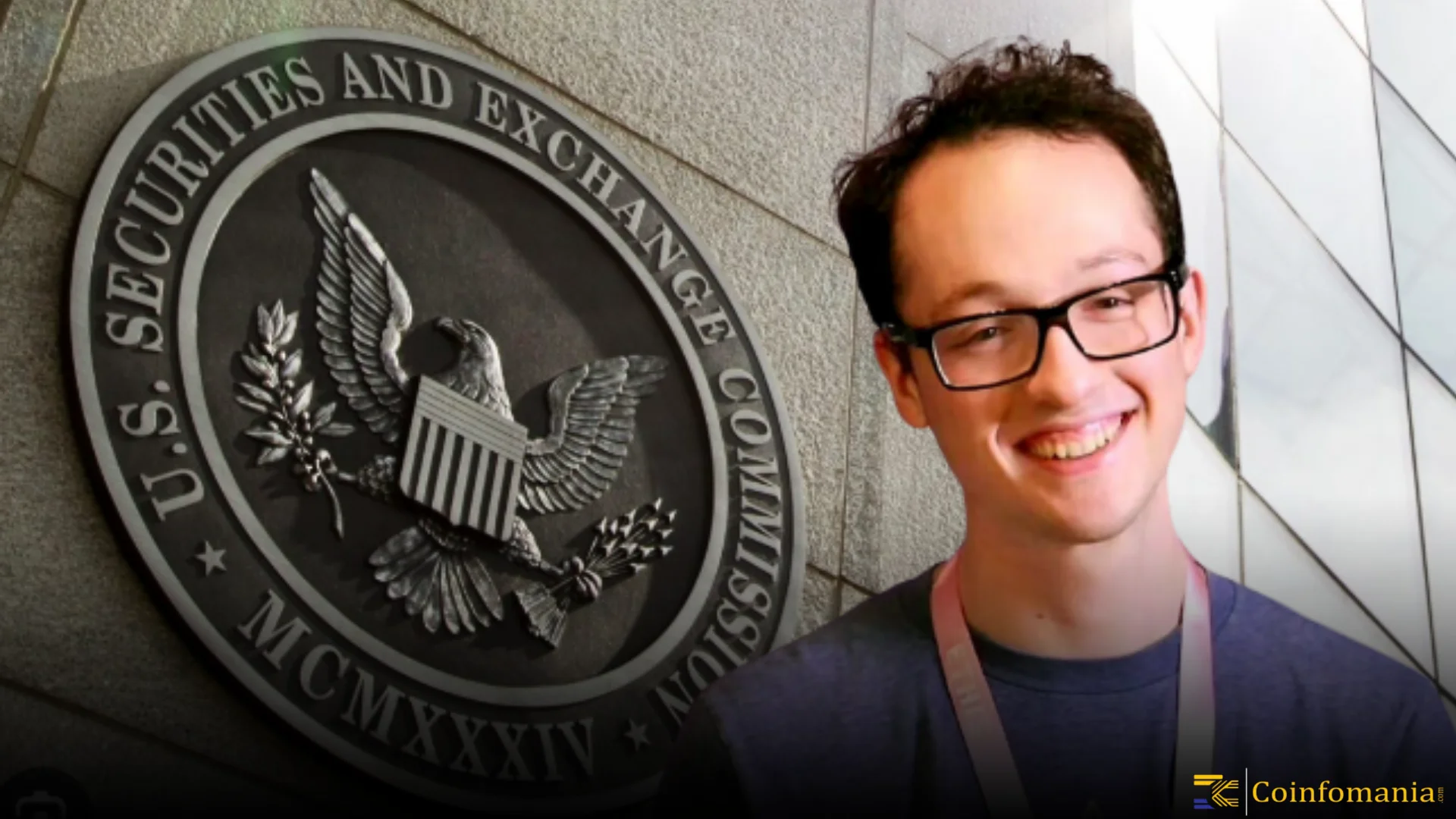
On June 10, Hayden Adams, CEO of Uniswap, expressed his thoughts on the government recognizing DeFi. He emphasized how far DeFi has come so quickly. He also shared that, “Maker + Compound + Uniswap launches in 2018 feel like the true start of the movement (+others like 0x, Augur, etc).” The word DeFi didn’t even exist before then. Now, government agencies publicly recognize it as a national priority. The post coincides with a historic acknowledgment from the U.S. Securities and Exchange Commission (SEC), which on June 9 highlighted the alignment of decentralized finance with foundational American values like liberty and innovation.
Decentralized Finance Recognized as Aligned with U.S. Economic Principles
The SEC’s June 9 roundtable, titled “DeFi and the American Spirit,” marked a major shift in tone. Chairman Paul S. Atkins described decentralized finance as a reflection of U.S. values such as private property rights and free-market innovation. He referred to blockchain networks as “shared databases” that bypass intermediaries through direct peer-to-peer interaction. Chairman Atkins credited on-chain platforms for creating resilient financial ecosystems.
These systems, described as “software applications controlled by no one,” eliminate unnecessary costs through self-executing code. Atkins emphasized that these structures operate without traditional operators, enabling efficient capital flow. The SEC acknowledged that most financial laws were created before such innovations existed. Existing rules are designed for intermediaries, not autonomous code. Atkins asked the Commission staff to assess new rules or amendments to accommodate decentralized networks legally.
Decentralized Finance Faces Legal Modernization Push
SEC leadership voiced strong support for modernizing securities regulation to fit decentralized finance. Atkins criticized previous administrations for blocking blockchain innovation through enforcement threats and lawsuits. He said, “The prior U.S. government administration discouraged Americans… by asserting… that participants and staking-as-a-service providers may be engaged in securities transactions.”
In contrast, recent guidance from the SEC’s Division of Corporation Finance clarified that validators, miners, and staking-as-a-service operators do not fall under securities laws. However, Atkins noted this clarification lacks legal weight. “It is not a duly promulgated rule with the force of law… we cannot stop there,” he said. Atkins urged formal rulemaking and suggested a regulatory shift that enables broader participation in on-chain systems. He directed staff to explore conditional exemptive relief, coined an “innovation exemption” to allow compliant on-chain innovation within U.S. borders.
New Vision for Self-Custody and Blockchain Development
The SEC’s evolving stance emphasizes user-controlled financial infrastructure. Chairman Atkins endorsed digital wallet self-custody as a “foundational American value.” He criticized efforts to penalize developers of self-custodial wallets. “It would be irrational to hold the developer of a self-driving car liable… one would not sue the car company… but the individual who committed the wrong.” The Commission also noted that decentralized finance outperformed centralized systems during crises. Chairman Atkins urged an approach that encourages innovation rather than fear.
Staff directed to examine how existing laws could accommodate blockchain-enabled products that enhance liquidity and reduce economic friction. Entrepreneurs are developing software-based decentralized financial tools, which are vital to economic progress. The Commission acknowledged that current securities laws did not anticipate technology capable of replacing traditional intermediaries with open-source protocols.
Innovation Exemption May Pave Regulatory Path
To advance blockchain adoption, the SEC is considering an “innovation exemption” framework. This approach would allow both registered and non-registered entities to test and launch decentralized finance products under defined conditions. The proposal aims to foster rapid understanding of blockchain finance within the bounds of legal compliance. Chairman Atkins said the exemption could “help fulfill President Trump’s vision to make America the ‘crypto capital of the planet.’”
He stressed the importance of enabling responsible innovation. Atkins asked the Commission to evaluate whether revised rules could better serve developers working on-chain. This flexible approach reflects a strategic pivot. Rather than following outdated laws, the SEC is exploring proactive measures that support innovation. Atkins mentioned that self-executing blockchain systems deserve clear, adaptive guidelines.
Regulatory Outlook for Blockchain and DeFi in the U.S.
The SEC’s June 9 comments represent a pivotal shift in how decentralized finance is perceived through regulations. Aligning blockchain innovation with American values, the Commission signals growing acceptance of peer-to-peer financial infrastructure. Regulatory clarity may attract more innovators to U.S. soil. The proposed “innovation exemption” could reduce legal uncertainty for builders of open-source protocols. Future developments will depend on formal SEC rulemaking and Congressional backing. Until then, the path forward for decentralized finance in the U.S. will remain closely watched by the global blockchain community.
The post Hayden Adams Hails Growth of Decentralized Finance Since 2018 as SEC Pushes for Legal Clarity on Blockchain and On-Chain Software Systems appeared first on Coinfomania.



